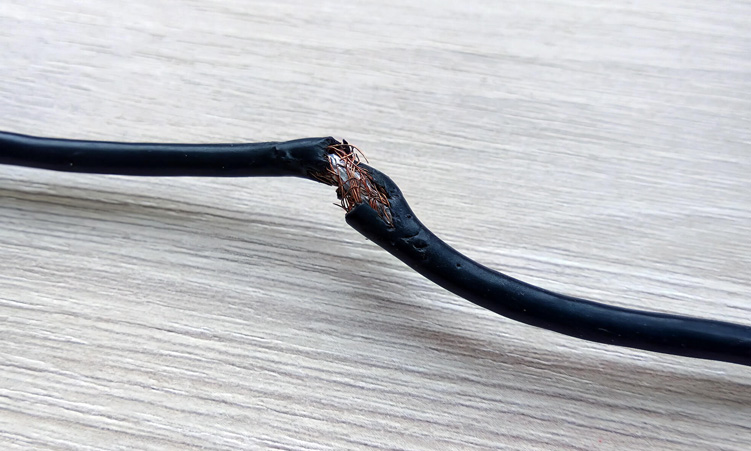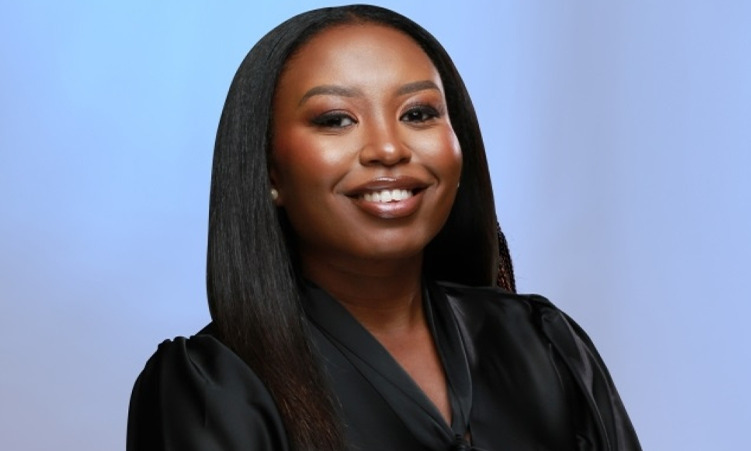BAGHDAD – Three months after a landmark election, Iraq’s new parliament convened for the first time yesterday amid worsening communal violence and little sign of a deal on a government of national unity.
But the inaugural session lasted just 40 minutes and was adjourned after all 275 members of the national assembly were collectively sworn in. Adnan Pachachi, 83, who as eldest member presided over the new assembly, said the session would adjourn until political parties could agree on who was to be elected speaker.”It has been decided to leave the session open pending political agreement on the designation of a speaker and his two deputies,” said Pachachi, a former foreign minister.Political parties remain deadlocked in their talks on forming a national unity government after the December 15 election to choose the first full-term parliament following the US-led war that ousted Saddam Hussein in 2003.”It is difficult to chose a new speaker and his deputies until a deal is reached on the whole government package,” outgoing speaker Hajem al-Hassani said in a televised interview.The streets of the capital were eerily quiet with vehicle traffic barred to keep car bombers at bay, while police and army units multiplied their checkpoints across the city.The 275 members of parliament met behind blast walls and razor wire in Baghdad’s fortified Green Zone as troops guarded the perimeter.The government told civil servants to take a holiday and many other residents bunkered down at home, fearing attacks by insurgents bent on proving the caretaker government cannot guarantee security.Most shops remained closed.Iraq’s new parliament will again be dominated by the Shi’ite United Iraqi Alliance which can count on the support of 130 MPs.The Kurdish coalition has 53 seats, while various Sunni parties control at least 55 seats.Secular-based and minority parties hold the remaining seats.All factions, egged on by US authorities, have called for the formation of a government of national unity, but have so far failed to even agree on who would lead the next cabinet.President Jalal Talabani suggested Wednesday that the long awaited cabinet should be ready by the end of March, a conclusion deemed overly optimistic by rival politicians.Outgoing Prime Minister Ibrahim Jaafari estimated that forming the cabinet would take a little longer.”I think a month is enough to form a government, if we keep to the constitution,” he told state television.Other politicians, however, have cast doubt that a new government is imminent, noting that deep gulfs remain on many key issues, including the Shi’ite choice of Jaafari to remain prime minister.”I don’t expect to see a new government before May,” said one participant in the leaders’ conference, Hassan Shumari, from the dominant Shi’ite United Iraqi Alliance.”We’re still a long way from agreeing on a government,” echoed Mahmud Othman, a Kurdish representative.The deadlock is all the more worrying as a surge in communal violence has left hundreds dead since a Shi’ite shrine was blown up on February 22.Iraq is “an awful long ways” from civil war, but the danger will grow without agreement on a national unity government, the commander of US forces in the Middle East told Congress on Wednesday.”The longer the government takes to develop, the less confidence there’ll be within the security forces” that unity will be maintained, General John Abizaid said.In a bid to prevent further sectarian violence, General George Casey, the US commander in Iraq, has called in 700 to 800 extra US mechanised infantry troops from Kuwait to guard against attacks by Sunni extremists on Shi’ite pilgrims heading for the commemoration of Arbayin in the southern city of Karbala.Deadly violence erupted in Halabja when Iraqi security forces fired into a crowd of several thousand Kurds rioting on the anniversary of Saddam’s gas attack on the Kurdish town, an AFP reporter said.A 14-year-old boy was killed and six demonstrators in the clashes as some 7 000 protesters, including relatives of the 5 000 victims of the March 17, 1988 aerial attack, set up road blocks, attacked government offices and set fire to a memorial built to honour the dead.Meanwhile, police overnight found 25 corpses of men who had been shot to death and dumped in different parts of the capital, an interior ministry official said.Seven policemen and one civilian were also wounded by a roadside bomb northeast of Baghdad, police said.- Nampa-AFPAdnan Pachachi, 83, who as eldest member presided over the new assembly, said the session would adjourn until political parties could agree on who was to be elected speaker.”It has been decided to leave the session open pending political agreement on the designation of a speaker and his two deputies,” said Pachachi, a former foreign minister.Political parties remain deadlocked in their talks on forming a national unity government after the December 15 election to choose the first full-term parliament following the US-led war that ousted Saddam Hussein in 2003.”It is difficult to chose a new speaker and his deputies until a deal is reached on the whole government package,” outgoing speaker Hajem al-Hassani said in a televised interview.The streets of the capital were eerily quiet with vehicle traffic barred to keep car bombers at bay, while police and army units multiplied their checkpoints across the city.The 275 members of parliament met behind blast walls and razor wire in Baghdad’s fortified Green Zone as troops guarded the perimeter.The government told civil servants to take a holiday and many other residents bunkered down at home, fearing attacks by insurgents bent on proving the caretaker government cannot guarantee security.Most shops remained closed.Iraq’s new parliament will again be dominated by the Shi’ite United Iraqi Alliance which can count on the support of 130 MPs.The Kurdish coalition has 53 seats, while various Sunni parties control at least 55 seats.Secular-based and minority parties hold the remaining seats.All factions, egged on by US authorities, have called for the formation of a government of national unity, but have so far failed to even agree on who would lead the next cabinet.President Jalal Talabani suggested Wednesday that the long awaited cabinet should be ready by the end of March, a conclusion deemed overly optimistic by rival politicians.Outgoing Prime Minister Ibrahim Jaafari estimated that forming the cabinet would take a little longer.”I think a month is enough to form a government, if we keep to the constitution,” he told state television.Other politicians, however, have cast doubt that a new government is imminent, noting that deep gulfs remain on many key issues, including the Shi’ite choice of Jaafari to remain prime minister.”I don’t expect to see a new government before May,” said one participant in the leaders’ conference, Hassan Shumari, from the dominant Shi’ite United Iraqi Alliance.”We’re still a long way from agreeing on a government,” echoed Mahmud Othman, a Kurdish representative.The deadlock is all the more worrying as a surge in communal violence has left hundreds dead since a Shi’ite shrine was blown up on February 22.Iraq is “an awful long ways” from civil war, but the danger will grow without agreement on a national unity government, the commander of US forces in the Middle East told Congress on Wednesday.”The longer the government takes to develop, the less confidence there’ll be within the security forces” that unity will be maintained, General John Abizaid said.In a bid to prevent further sectarian violence, General George Casey, the US commander in Iraq, has called in 700 to 800 extra US mechanised infantry troops from Kuwait to guard against attacks by Sunni extremists on Shi’ite pilgrims heading for the commemoration of Arbayin in the southern city of Karbala.Deadly violence erupted in Halabja when Iraqi security forces fired into a crowd of several thousand Kurds rioting on the anniversary of Saddam’s gas attack on the Kurdish town, an AFP reporter said.A 14-year-old boy was killed and six demonstrators in the clashes as some 7 000 protesters, including relatives of the 5 000 victims of the March 17, 1988 aerial attack, set up road blocks, attacked government offices and set fire to a memorial built to honour the dead.Meanwhile, police overnight found 25 corpses of men who had been shot to death and dumped in different parts of the capital, an interior ministry official said.Seven policemen and one civilian were also wounded by a roadside bomb northeast of Baghdad, police said.- Nampa-AFP
Stay informed with The Namibian – your source for credible journalism. Get in-depth reporting and opinions for
only N$85 a month. Invest in journalism, invest in democracy –
Subscribe Now!










